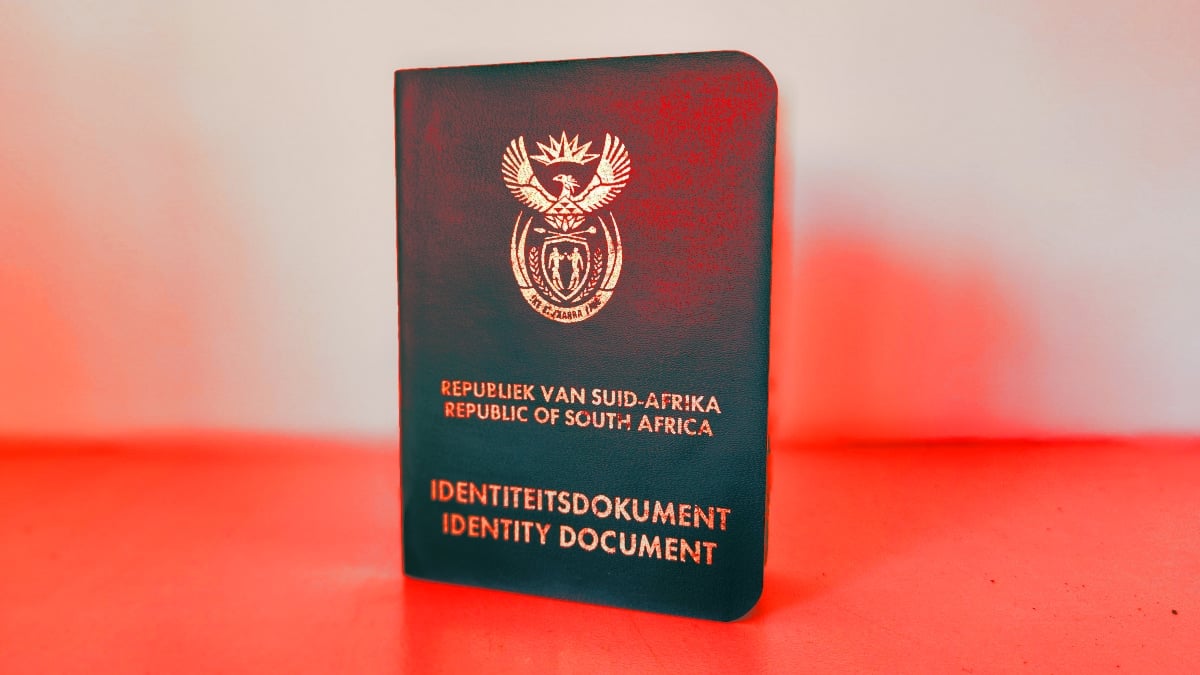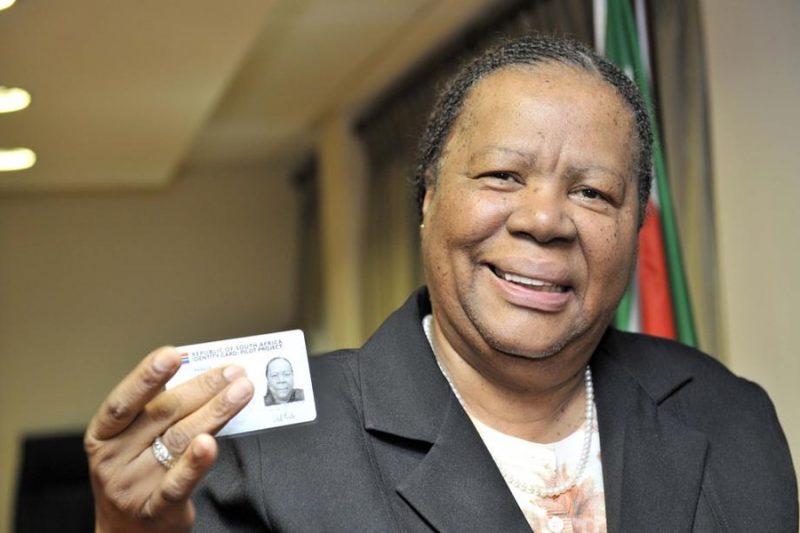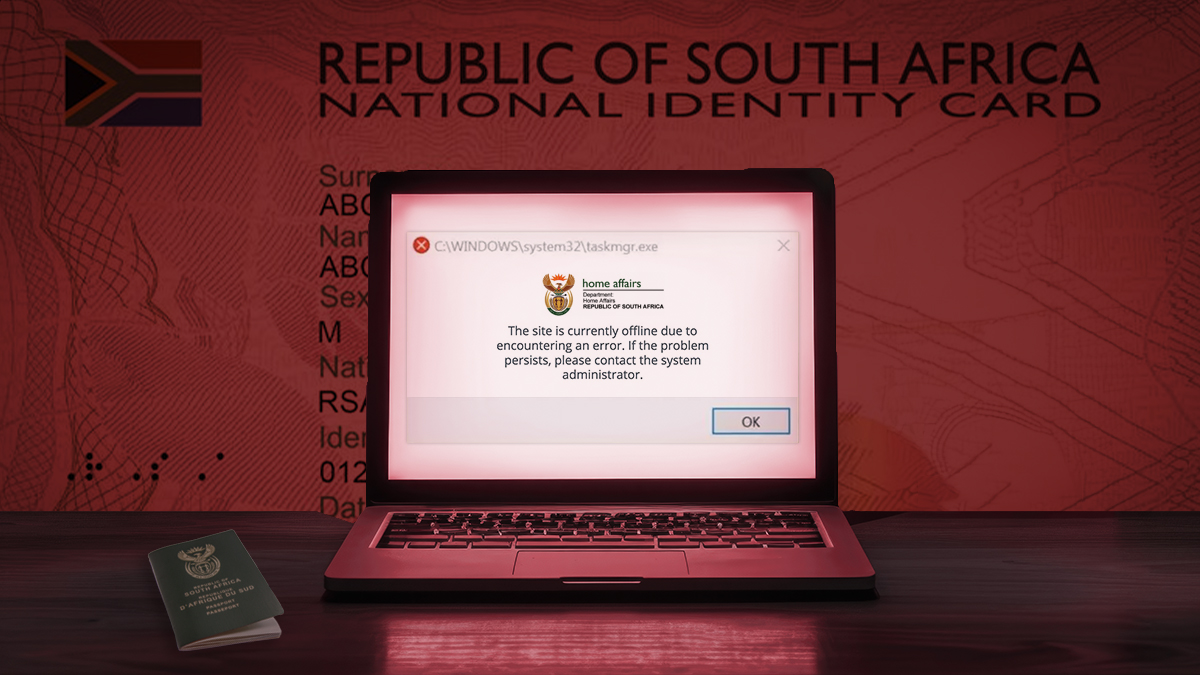Big announcement about ending green ID books in South Africa

The Department of Home Affairs (DHA) plans to discontinue issuing South Africa’s green barcoded ID over the next five years after it expands smart ID access to all qualifying South Africans by 2029.
This is according to the department’s strategic plan through to 2030. It hopes to meet this target by ensuring all South Africans can access smart IDs, digital IDs, and e-passports.
“In addition to the digital transformation of the DHA, other key priorities to be implemented over the next five years include the discontinuation of the green barcoded identity documents,” said DHA director-general Livhuwani Tommy Makhode.
This will be supported by introducing digital IDs with remote authentication, expanding the department’s live capture functionality to more bank branches, and introducing and issuing e-passports.
The department wants to expand its services to 1,000 bank branches across South Africa to provide smart ID access to more South Africans, including naturalised citizens.
“The DHA has a long-standing commitment to discontinue the issuance of the green-barcoded ID book and replace it with the smart ID card to all eligible citizens,” Home Affairs said.
“The objective of rolling out the live capture system was to ensure that the DHA replaces over 38 million green barcoded identity books and eventually discontinue the production of green barcoded identity documents.”
It should be noted that the 38 million figure is the same as when the smart ID project first launched in 2013. The figure is likely significantly higher today.
Home Affairs said it is targeting 2029 for universal enrolment in the smart ID system. Phasing out the green barcoded ID book is a priority because they are dated and insecure.
Smile ID’s 2025 Digital Identity Fraud in Africa report revealed that fraud rates for the green ID book in March 2024 were 500% higher than for smart IDs.
According to the department, the move to smart ID cards will provide the following benefits:
- Reduction of the fraud risk caused by the dual systems;
- Enable e-government and e-commerce services through a digitally-enabled ID;
- Provide a single digital card to store and verify various service licences, such as driver’s and firearm licences; and,
- Enable instant identity verification by all service departments and agencies through a biometric-enabled smart card.
Long behind schedule

The country’s move away from the older document is years behind schedule.
Former minister of Home Affairs Naledi Pandor launched the smart ID project in 2013. The goal is to phase out the existing document and declare it invalid by 2021.
The plan included commencing phasing out the green ID in 2016.
At launch, roughly 38 million green ID books were in circulation, and the department said these would need to be replaced with green IDS before the older document could be invalidated.
However, less than two million smart ID cards had been issued by March 2015, and the system was only made available to the broader public in 2016.
While progress has been slow, the DHA accelerated the production of smart ID cards in 2024.
For reference, the department reported producing 2.6 million smart ID cards in 2022/23. followed by 2.8 million in 2023/24.
Its target for 2024/25 was to issue 2.5 million cards. However, Home Affairs minister Leon Schreiber recently revealed that the department is on track to issue 3.6 million cards in the financial year.
With around 18 million South Africans yet to get smart ID cards, if the country can maintain this rate, it is roughly on track to meet its goal of discontinuing green ID production by 2030.
































